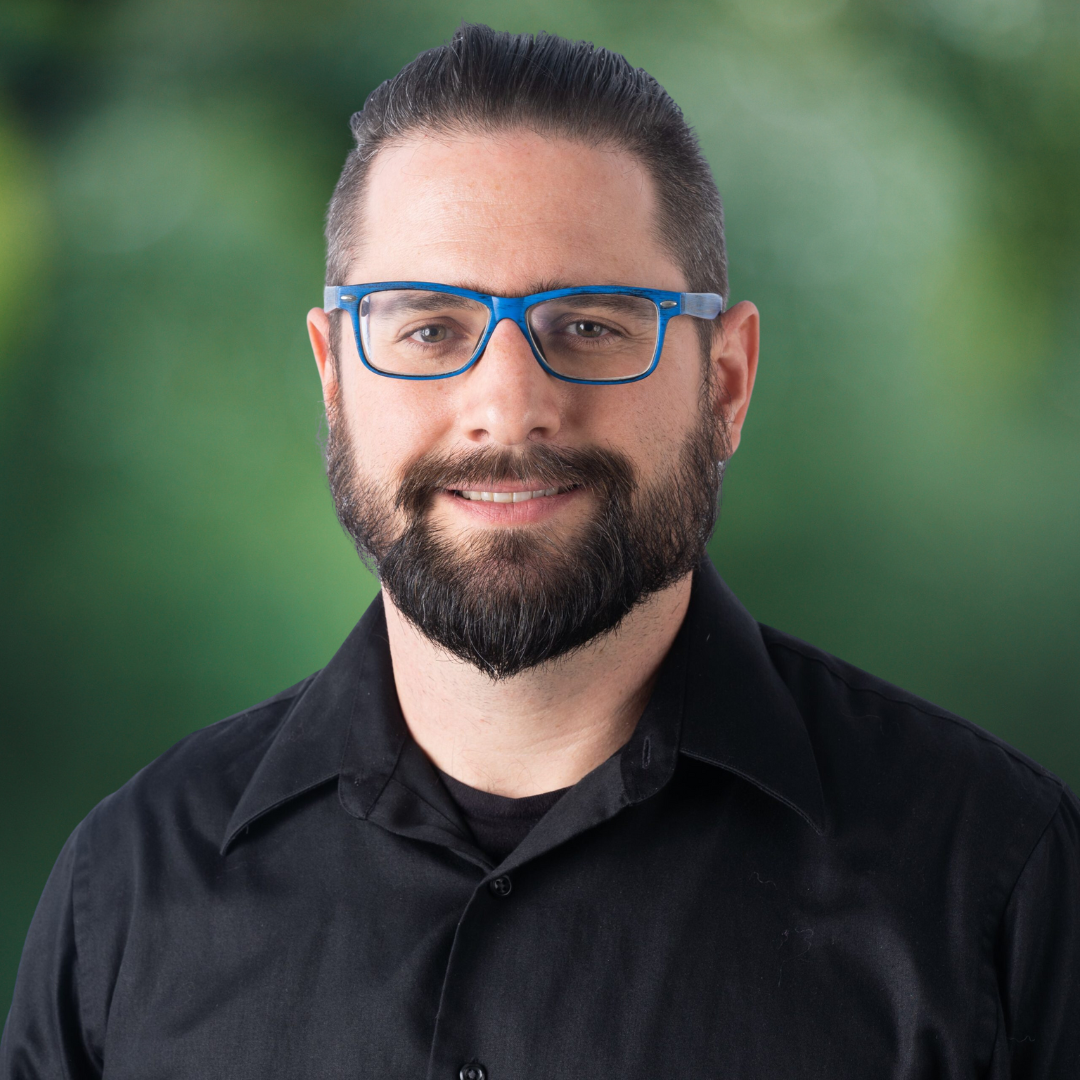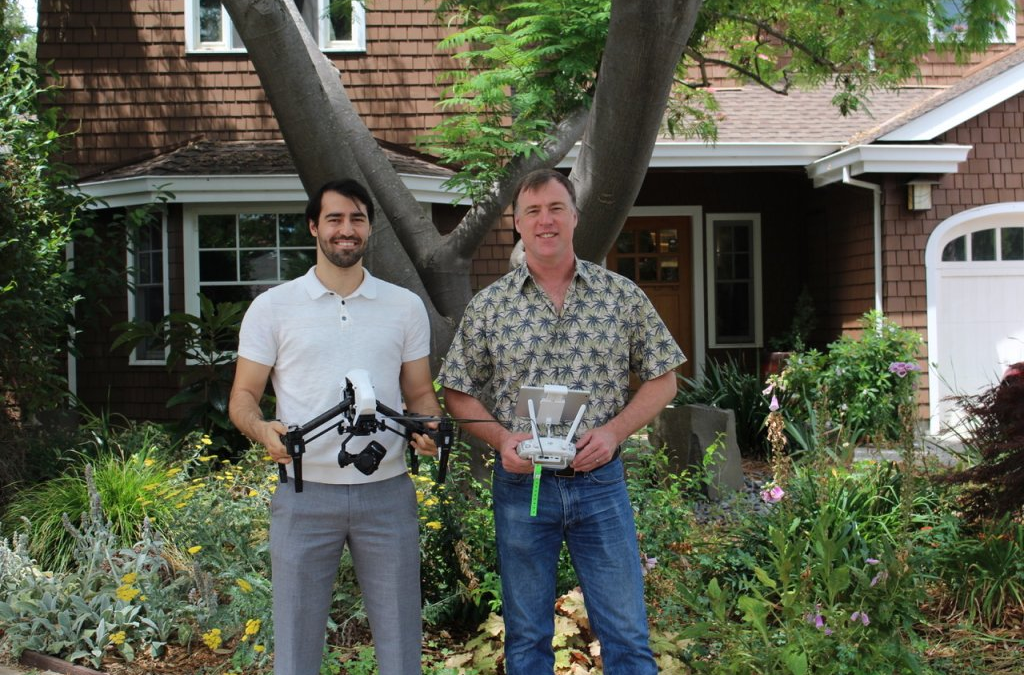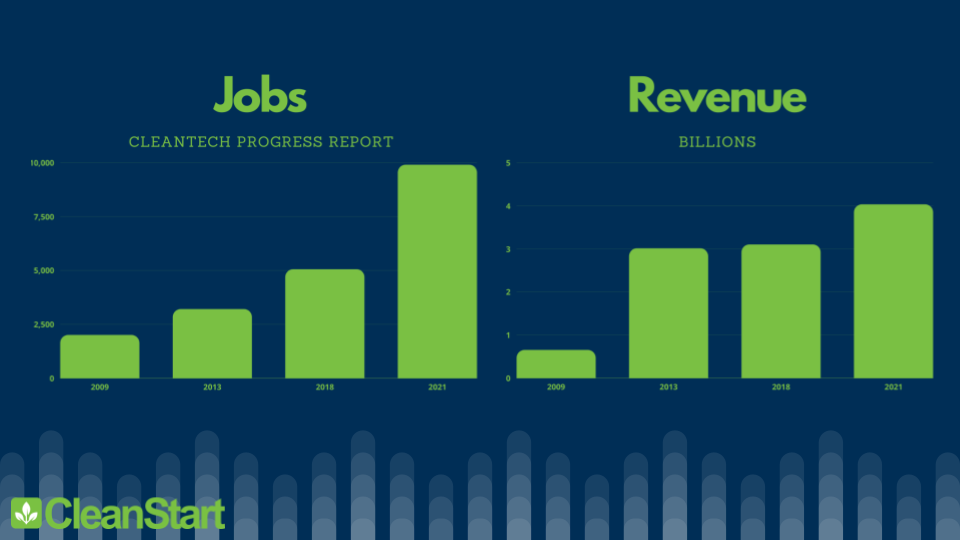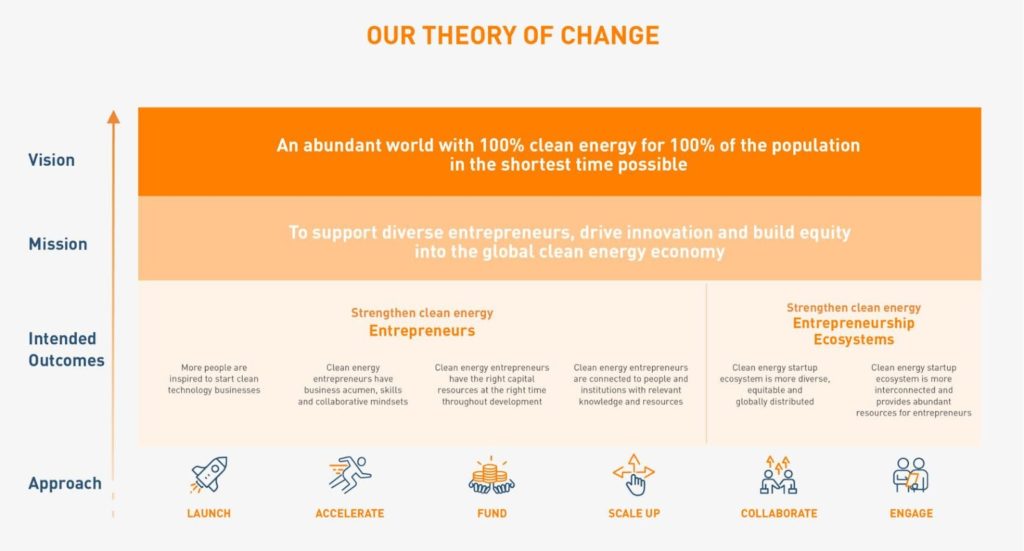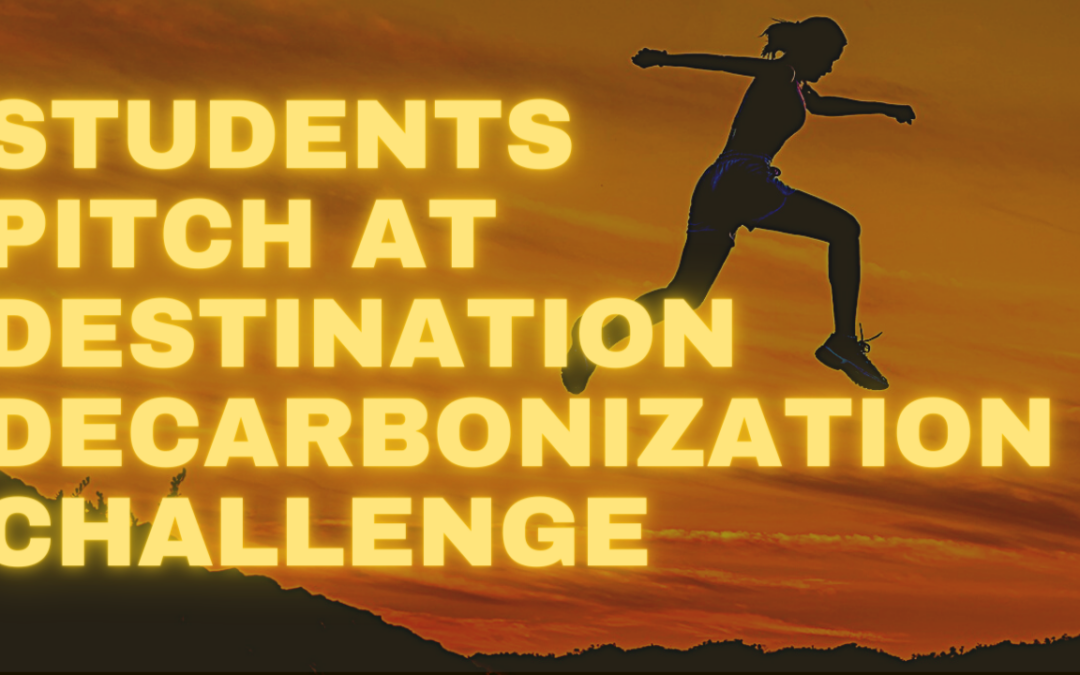
Students Pitch at the “Destination Decarbonization Challenge”
Last week, the Water, Energy, and Technology (WET) Center at Fresno State hosted a pitch event for undergraduate students interested in student entrepreneurship and decarbonization. Dubbed the “Destination Decarbonization Challenge,” the event provided an opportunity for students from different universities across California to present innovative ideas aimed at reducing carbon emissions in the Central Valley.
Many student teams applied but eight made it to the competition. At the competition the student teams presented their projects to a panel of judges consisting of environmental and industry experts. The teams had the chance to win cash prizes, with the first-place team receiving $6,000 without any restrictions.
The competition showcased some exceptional student entrepreneurship skills, with the winning team composed of three Fresno State students. Team Project Zero developed a device prototype capable of measuring carbon content in soil, helping farmers maximize their land’s efficiency. The second-place award of $4,000 went to Team Six-Thousand Dollar,who proposed an app-based carpool program for students reducing vehicle miles traveled, lowering carbon emissions and building relationships between the students while saving them money on fuel and auto maintenance.
The third-place award of $2,500 went to Team SustainaBulldogs, who made an ambitious pitch to implement self-contained electricity microgrids across the Central Valley, specifically Fresno County, using urban green space for carbon sequestration and data analysis to determine the best trees for each location.
The Destination Decarbonization Challenge launched by the WET Center in December 2022 is an excellent opportunity for student entrepreneurs to showcase their skills in decarbonization. It is open to undergraduate students in groups of two to four, providing a platform for young innovators to present new and unique solutions to reduce carbon emissions in the Central Valley. The prize money comes with no restrictions, and the hope is that it will be invested in the next project, encouraging students to take their ideas to the next level.
ABOUT THE AUTHOR
Thomas is the Executive Director of CleanStart. Thomas has a strong background in supporting small businesses, leadership, financial management and is proficient in working with nonprofits. He has a BS in Finance and a BA in Economics from California State University, Chico. Thomas has a passion for sustainability and a commitment to supporting non-profits in the region.
Sponsors




Weintraub | Tobin, Revrnt, Moss Adams, PowerSoft.biz, Greenberg Traurig

